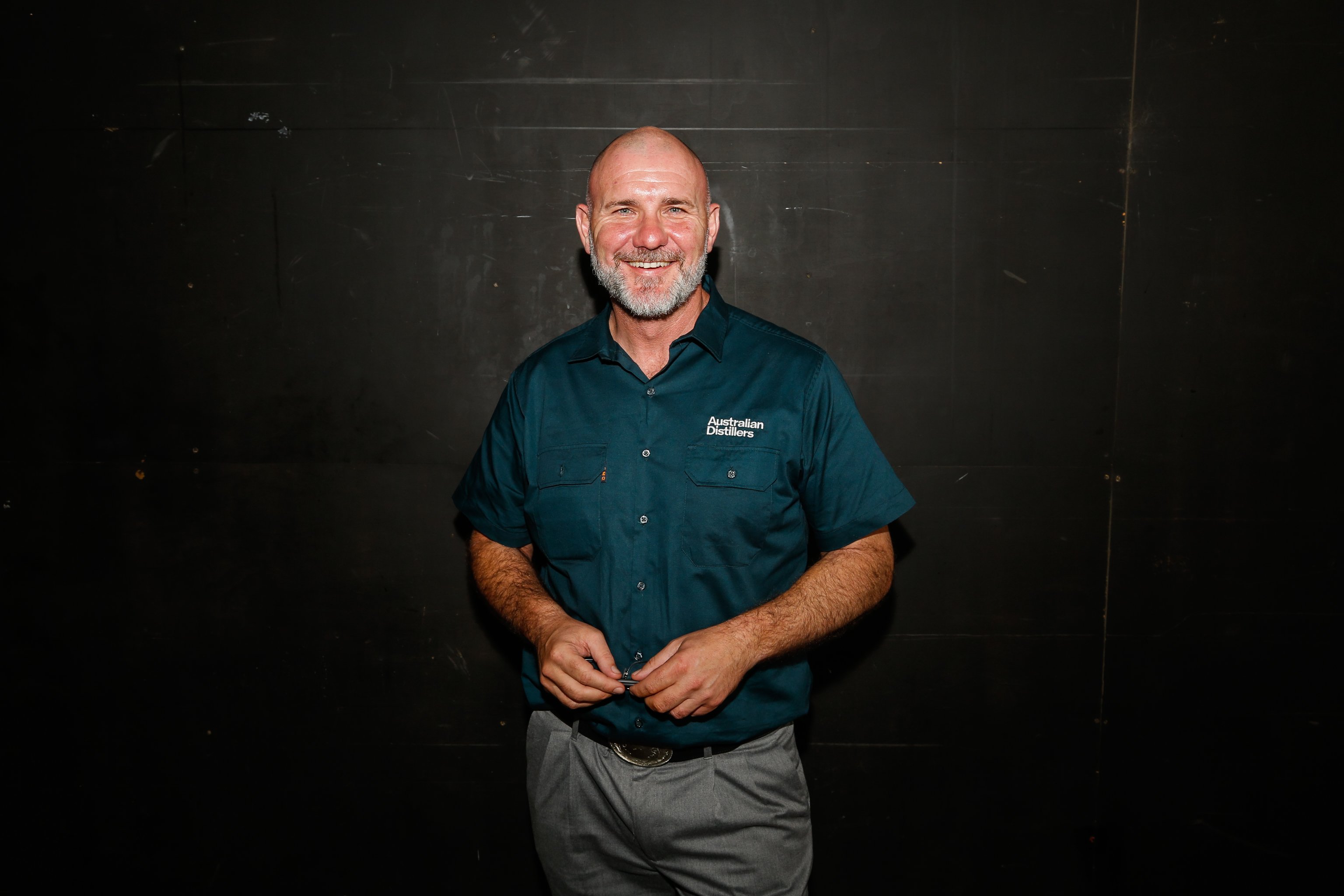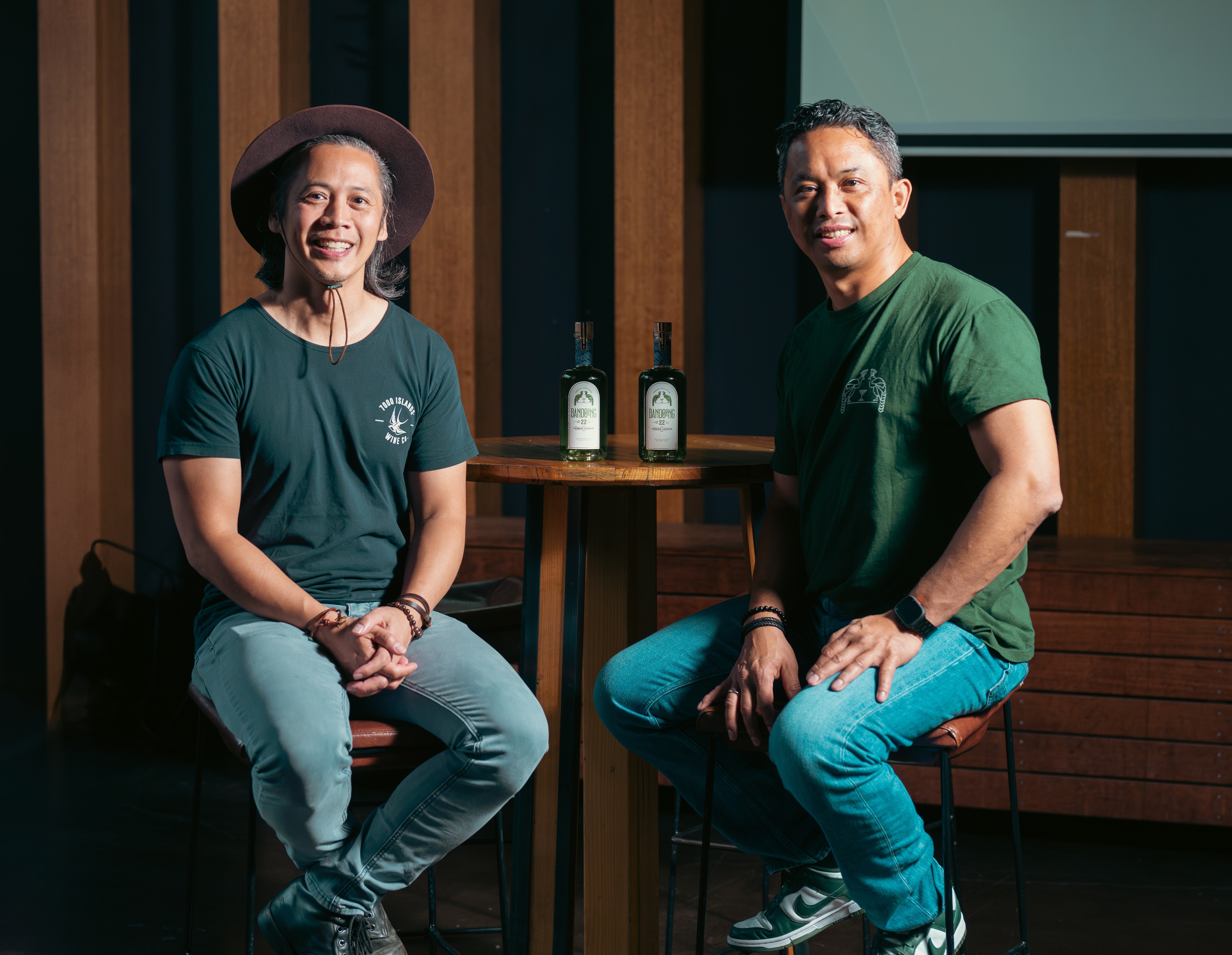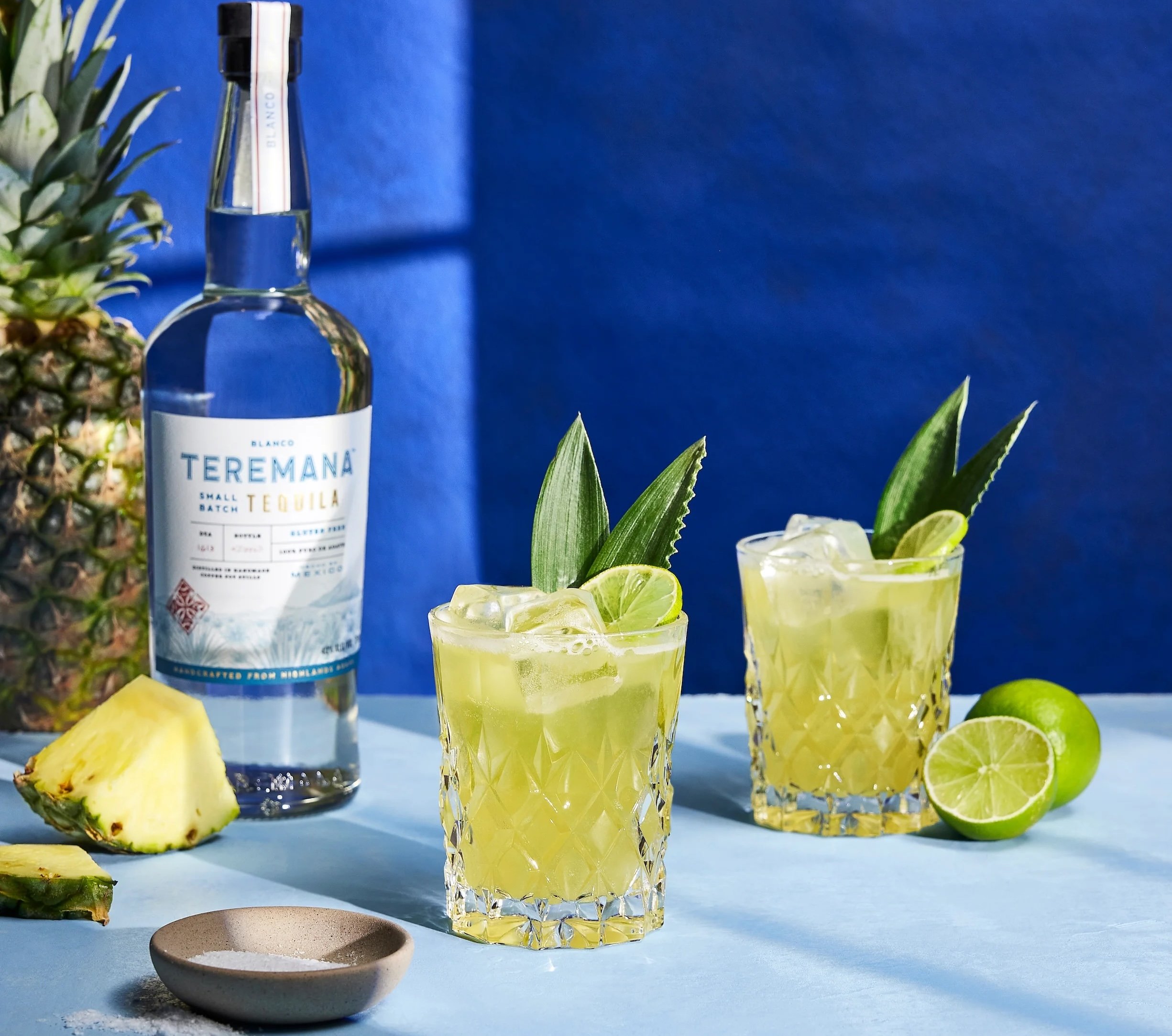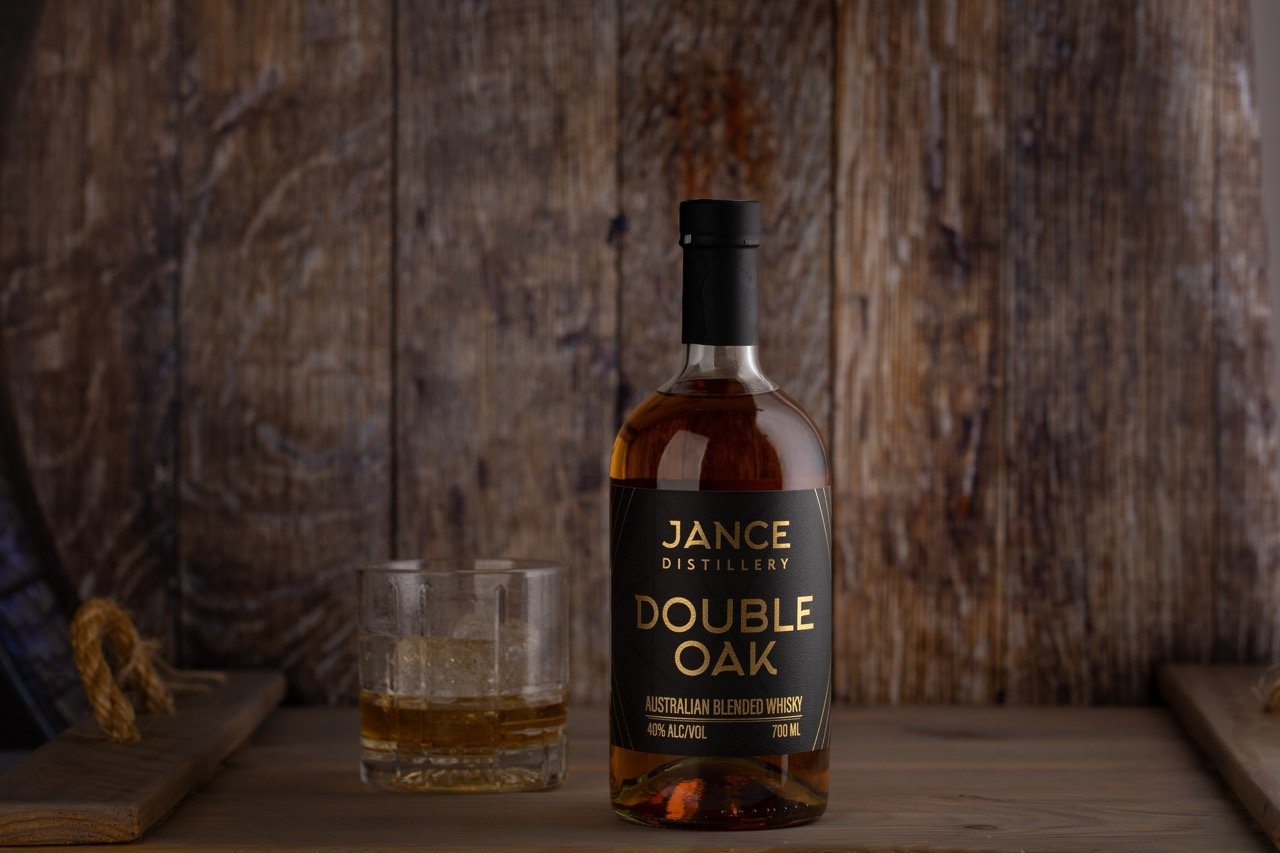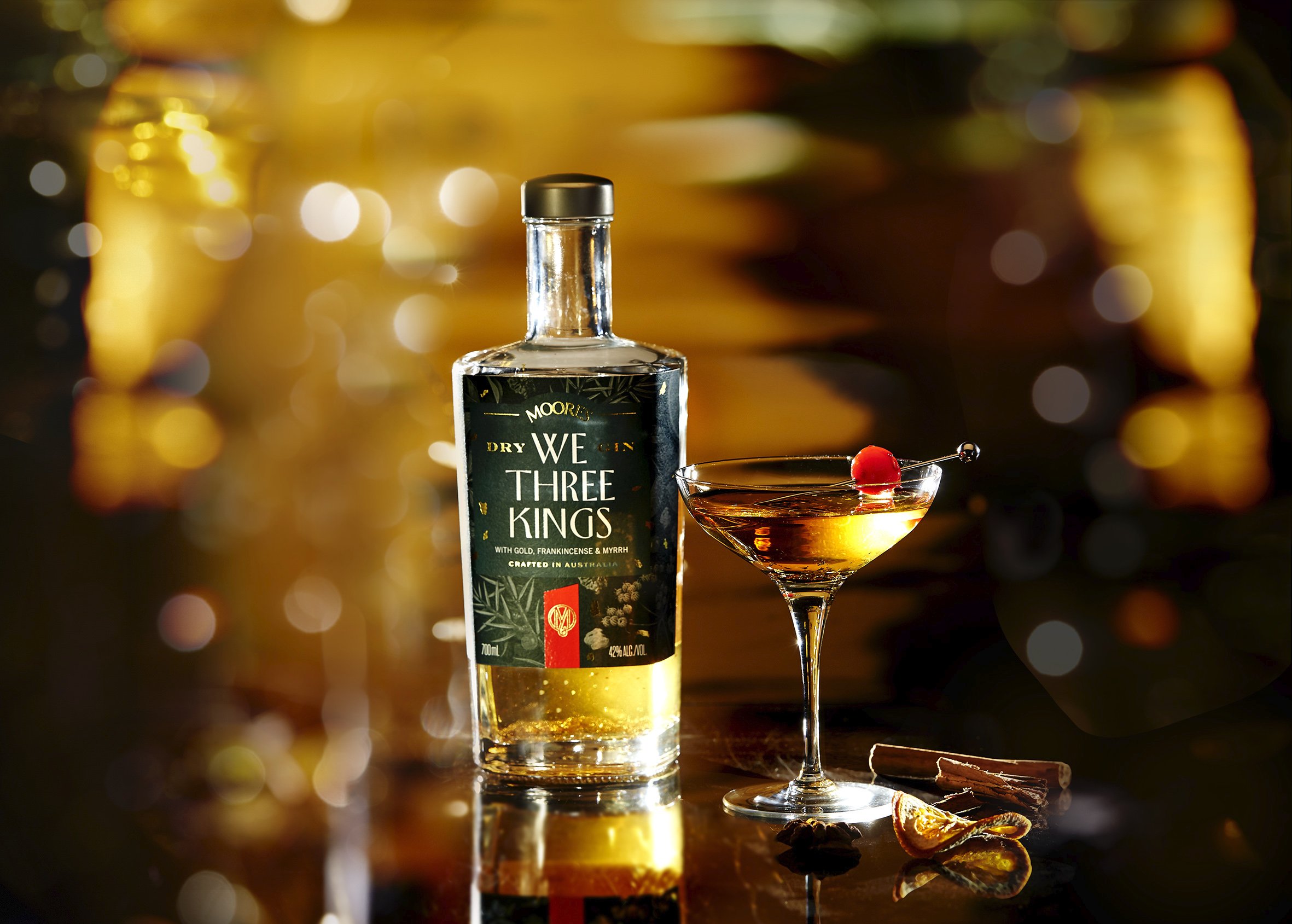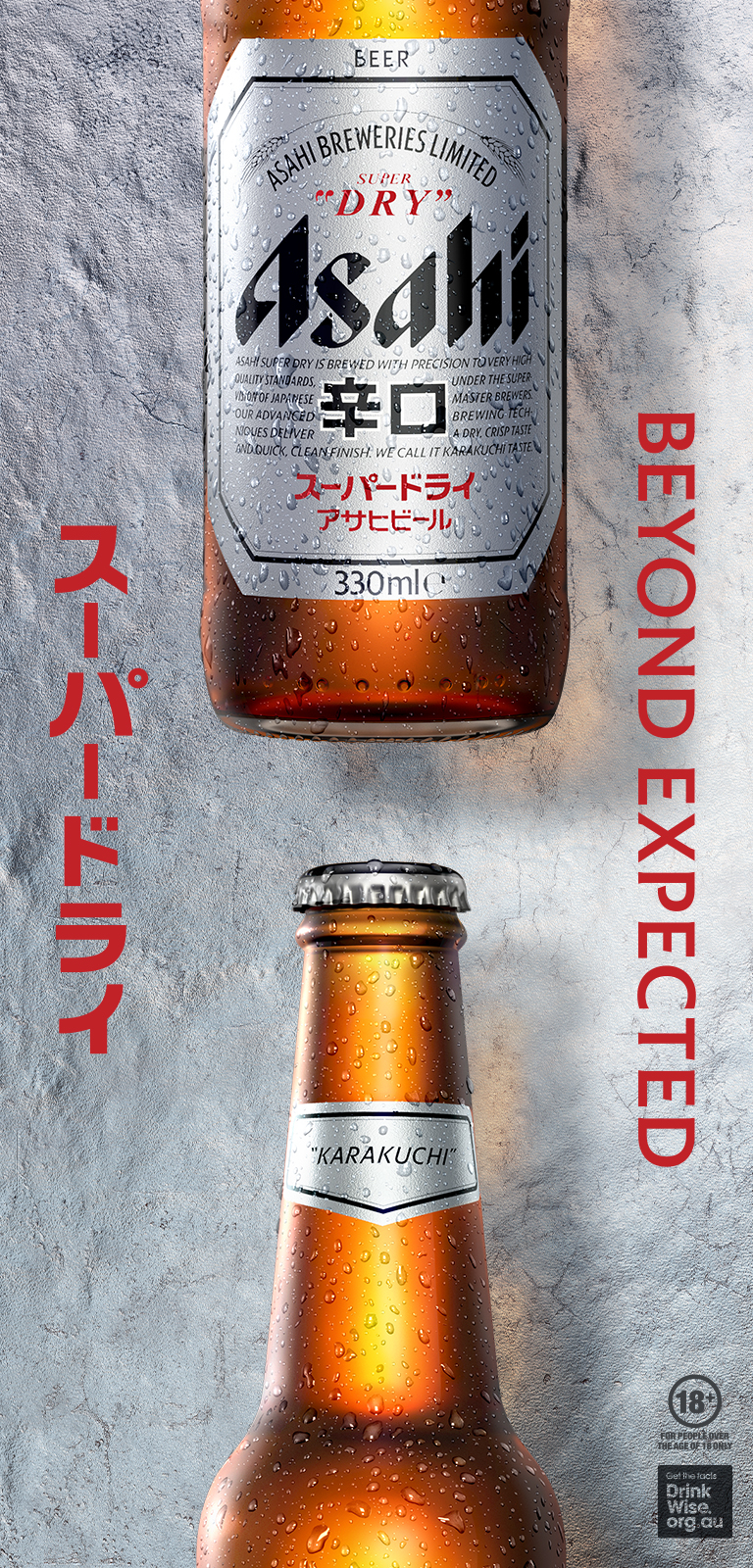On Monday, the excise tax paid by Australia’s spirits industry was increased by $2.04 to $103.89 per litre of pure alcohol. Over the past few weeks, Drinks Trade has written about what determines the biannual tax increase, the key industry concerns, and about the impact the latest increase will have on various industry sectors.
This morning, Drinks Trade reached out to Paul McLeay, CEO at the Australian Distillers Association, to learn more about the extent of the current industry pressures and to ask what Australia’s spirits sector should expect moving forwards.
Drinks Trade: I’m sure this has been a big week for you and the team… Can you talk about what the latest hike increase means for Australian distillers?
Paul McLeay: Obviously, it couldn't come at a worse time. This increase was even bigger than the last one, and that's partly due to the impact of compound interest… it has come at a time when consumers aren't willing to absorb costs/aren't willing to bear price increases [and] it means that our producers are having to eat the increase. So it's a very tough time.
DT: In a nutshell, what's the issue with Australia's current spirits excise regime?
PM: So the current regime came in 40 years ago, and at the time there were only two Australian distillers, Beenleigh and Bundaberg… At the time it was, I think, almost like a fake tariff. Now with 700 Australian producers, it shows that it's shockingly out of date, and the challenge we face with government is to say, if you have a policy that's out of date, can you stop making it worse? We know that they are addicted to the $5.5 billion in excise that our industry contributes to, so we're not even asking to cut it, we're just saying stop making it worse.
DT: And how has that conversation been going down?
PM: It's falling on deaf ears. We certainly have support from our aligned people - certainly people within government - but when it comes to the Treasurer, it's just hitting deaf ears.
DT: What will it take for any progress to be achieved regarding a spirits excise freeze?
PM: We've explained to the government that the Australian spirits industry could be a $1 billion export industry by 2035. We've used economic analysis and Mandala Partners to produce a report to show what it takes to get us to a $1 billion export industry within 10 years, and we've found that most of the policy settings are right there: our proximity to Asia, the quality of our products, the desire to have Australian products that are very desirable on the world stage. We have great success in things like our other food and beverage offerings, and the only thing holding us back is this ever increasing excise.
The time to act is now, and we're saying the urgency is there - certainly the products are there, the brand awareness is there - but what we do need is some relief to enable us to capture that value.
DT: What do the repercussions of another tax hike actually look like?
PM: While there is a cost of living crisis, it's very difficult to pass on any [cost] increases. It just means that our local producers have been absorbing this increase for the last two years and longer. That means that the margin per product is lower. It means their ability to employ staff has declined. And in fact, when you're eating your own profits, it means you do cut your cloth, and it does mean jobs. Given that half our distilleries are in regional areas, this means they're cutting jobs, particularly in the regions, at a time when the regions can afford it less. This is effectively a tax on jobs.
DT: It doesn’t seem like there’s been any major impact to spirits consumption as a result of the tax increases… Would you agree?
PM: Yeah, it's because the producers have been eating the increase. This is the problem. Yes, there's more distillers than there were at the beginning of COVID, but that's because the profit margins have declined because we're absorbing each of those excise increases, which makes it harder to plan.
This is the thing, right? Consumers are trending to a couple of things. They're drinking less but better. So we're at a 50-year low, and even through COVID, there wasn't even an uptake there. We're still at that 50-year low. The premiumisation is happening, and also we're seeing more convenience, which is why we're seeing RTD sales increase at a greater rate than the full-bottled spirits category is increasing. People want to take a full pack of their favourite RTD along to a party instead of a full bottle of rum or vodka or whatever.
DT: Which distilleries are being hit the hardest?
PM: Certainly being hit the hardest are our medium-sized producers who have that exposure due to their volumes. Our very small ones, not so much, because we do enjoy the benefit of what they call the alcohol manufacturer's remission, which is almost like a tax-free threshold. You don't pay it on your first 12,000 bottles.
Because the $350,000 remission is fixed yet the excise rate goes up, it means it's been a 15% decline in your production capabilities. When it came in, you could produce 15,000 bottles, tax-free. Now, just two and a half years later, you can only produce 12,000. So for those producers that are staying under that threshold, it means that current government policies are making our craft industries even smaller.
[Read more insights about the excise concession in this Drinks Trade article]
DT: What is the ADA doing to try to change the current ongoing biannual increases?
PM: We're currently participating in a parliamentary inquiry into food and beverage manufacturing in Australia, to which the two primary recommendations we've made is for one, to freeze the excise so we can reinvest in our businesses.
The second is to establish what we've called Spirits Australia, because we saw what happened to wine 30 years ago when the establishment of Wine Australia led to a concerted effort to maintain integrity, improve standards and take our products to the world stage. We saw the transformation of the wine industry and we would like to do the same for spirits. That's why, like Wine Australia a generation ago, we'd like to see Spirits Australia to not only improve standards for Australian consumers and domestic producers, but then to take our products to that global stage.
DT: Would you agree that the average consumer isn’t aware that the spirits tax goes up biannually and that the distillers often wear the costs?
PM: We certainly found that, when consumers are aware, that they're incredibly surprised about the extent of it. I think most consumers expect there to be some form of sumptuary tax or a sin tax, but when they realise the extent of it, they're becoming quite angry.
And then to a lesser extent for us/for our spirits producers, the disparity between the categories is that the producers find that to be the most offensive part of it as well. When the excise on a standard drink of beer is 50 cents, and for a standard drink of gin is $1.39, we find that really tough to swallow.
DT: Ahead of the February spirits tax increase, Diageo launched a marketing campaign educating consumers about how much is paid in tax per bottle of Bundaberg rum… Do you feel this is the right approach?
PM: Absolutely… We completely supported the Bundaberg campaign. When 67% of the price of a bottle of Bundy is just tax, I think consumers are rightly outraged.
DT: Finally, what should Australia’s industry be doing to help get the message out there?
PM: I think what we can do is help us celebrate some of the amazing craft spirits that are on the market. Ask the questions. Help the consumers understand that nothing tastes like Australia, that [our spirits] can be enjoyed not just at their simple level, but that we make even more interesting cocktails when you've got something with a little bit of Australia in it.
Share the content
